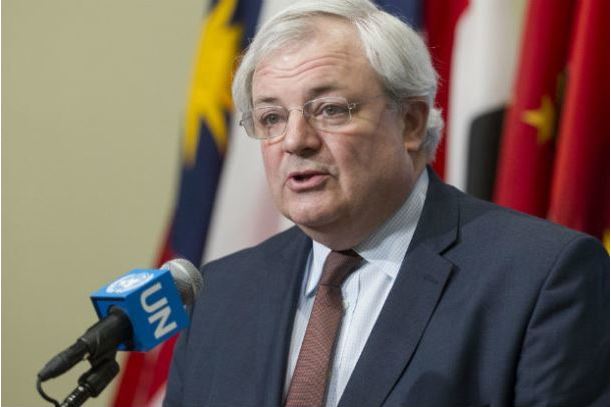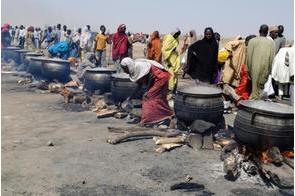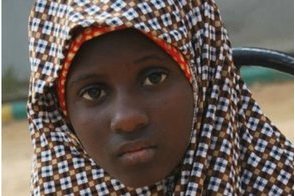UN launches $22.2 billion humanitarian appeal for 2017

Summary
UNOCHA said conflicts in Syria, Yemen, South Sudan and Nigeria are among the greatest drivers of humanitarian needs, fueling new displacement within countries and across borders.
The United Nations Office for the Coordination of Humanitarian Affairs (UNOCHA) has launched a record $22.2 billion humanitarian appeal for 2017 to support aid operations in 33 countries, according to a statement released on Monday. The UN agency said it plans to use the funds to deliver urgent relief, protection and support to nearly 93 million of the most vulnerable and marginalized people next year.
“The scale of humanitarian crises today is greater than at any time since the United Nations was founded,” said Stephen O’Brien, UN’s Under-Secretary-General for Humanitarian Affairs and Emergency Relief Coordinator. “Not in living memory have so many people needed our support and solidarity to survive and live in safety and dignity.”
The humanitarian appeal is the culmination of the UN’s global effort to assess needs and decide collective response strategies by hundreds of organizations delivering food, shelter, health care, protection, emergency education and other basic assistance to people in conflict- and disaster-affected regions.
UNOCHA said conflicts in Syria, Yemen, South Sudan and Nigeria are among the greatest drivers of humanitarian needs, fueling new displacement within countries and across borders. Furthermore, the impact of El Niño-triggered droughts and floods, and extreme weather is pushing vulnerable communities to the brink of survival, the UN agency said.
So far in 2016, UNOCHA said international donors have provided $11.4 billion to the current global appeal, which has risen from $20.1 billion to $22.1 billion over the course of the year. However, the UN agency said the current donor funding represents only 52 per cent of the required funding, with humanitarian organizations approaching the end of the year with a $10.7 billion funding gap – the largest gap ever.
“Funding in support of the plans will translate into life-saving food assistance to people on the brink of starvation in the Lake Chad Basin and South Sudan; it will provide protection for the most vulnerable people in Syria, Iraq and Yemen; and it will enable education for children whose schooling is disrupted by El Niño,” O’Brien said.
The UNOCHA said humanitarian appeal 2017 is based on Humanitarian Response Plans in Afghanistan, Burundi, Cameroon, Central African Republic, Chad, Democratic Republic of Congo, Djibouti, Ethiopia, Haiti, Iraq, Libya, Mali, Myanmar, Niger, Nigeria, occupied Palestinian territory, Somalia, South Sudan, Sudan, Syria, Ukraine and Yemen. Other appeals cover Burkina Faso, Mauritania and Senegal.
The UN agency said the crises in Burundi, Nigeria, South Sudan and Syria affect entire regions and their neighbouring countries are included in regional response plans.
“The lives of millions of women, girls, boys and men are in our hands,” O’Brien said. “By responding generously and delivering fully on this appeal we will prove to them that we will not let them down.”
Related
-
Report estimates $13 billion as global economic cost of IDPs
Around 40 million people were internally displaced globally as of 2017 due to conflict, natural disasters, or both.
-
Gates Foundation appoints new Africa director
Until his appointment, Oumar Seydi served as the International Finance Corporation’s regional director for ...
-
Denmark pledges $2.9 million aid for child victims of Boko Haram
The Danish government said it has contributed over $7.1 million in humanitarian aid to regions affected by Boko Haram.










